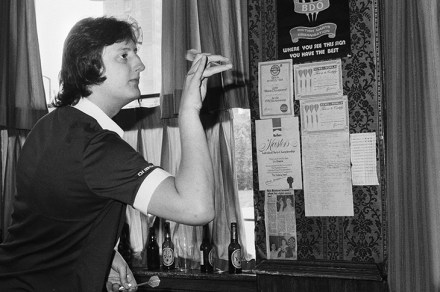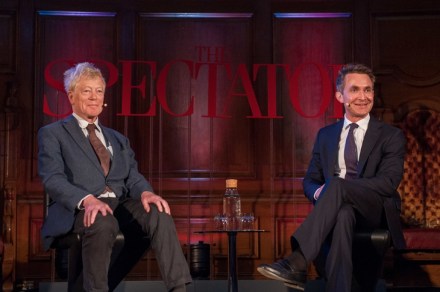What Shakespeare can teach us about cancel culture
The following is an edited excerpt from Douglas Murray’s lecture at the Sheldonian Theatre earlier tonight, in honour of Sir Roger Scruton. It features the actor Kevin Spacey reciting a scene from William Shakespeare’s Timon of Athens. By the last year of his life Roger had finally been not just honoured in his own country but given a position by a Conservative government to advise on that most pressing of issues – how to try to build beautiful housing in a country desperately in need of housing and even more desperately in need of beautiful housing. Roger was engaged in his researches when a young snake of a man came to



















